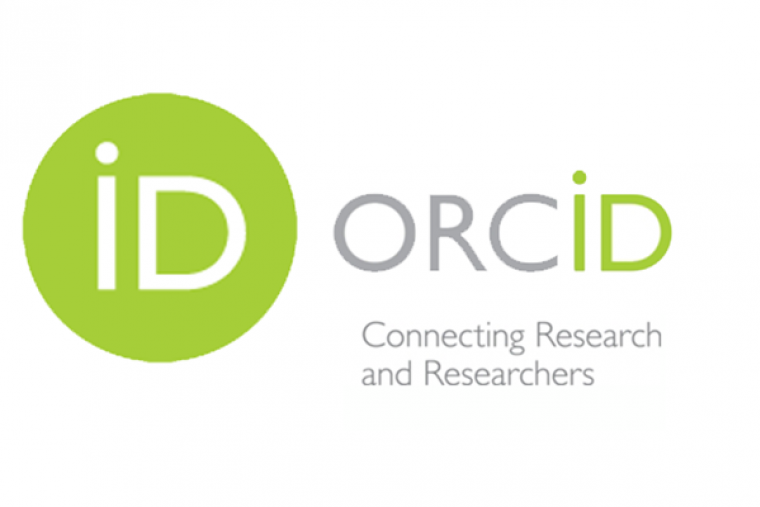[8] EMOTIONAL INTELLIGENCE IN SENIOR EXECUTIVES: A SYSTEMATIC REVIEW
ARTICLE INFO: Date of Submission: Feb 10, 2025, Revised: Feb 22, 2025, Accepted: March 05, 2025, https://doi.org/10.56815/ijmrr.v4i1.2025.56-67
Abstract
The relevance of emotional intelligence has reached new heights in its applications toward decision-making, leadership, problem-solving, moral governance, and corporate social responsibility. This systematic review aims to synthesize recent empirical and theoretical contributions related to emotional intelligence affecting several domains. The findings suggest that emotionally intelligent leaders are engaged in the strategic decisions that help implement ethical environments, which encompass programs of corporate responsibility. Emotional intelligence provides a basis for cognitive bias, foundations in the realms of problem-solving, and assists the effectiveness of leadership. The paper discusses EI acting as a mediator in managerial performance; a merging with AI can possibly support diverse decision pathways. The future study must elaborate on how emotional intelligence and AI-enabled leadership analytics correlate with financial returns and digital leadership in the environment of remote work. The findings therefore suggest that emotional intelligence should be immediately taught to leaders in order to promote emotional competence that leads to better organizational success of individuals. In these turbulent times where many businesses are on the brink of existence, the extensive incorporation of emotional intelligence training into the LED/EMDC leadership would be imperative for sustaining ethical governance and growth.






























